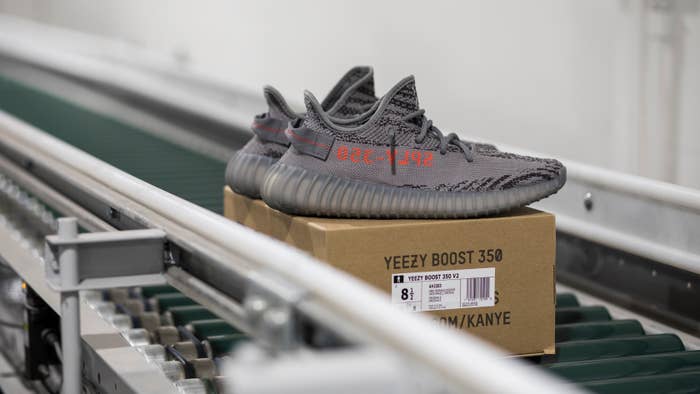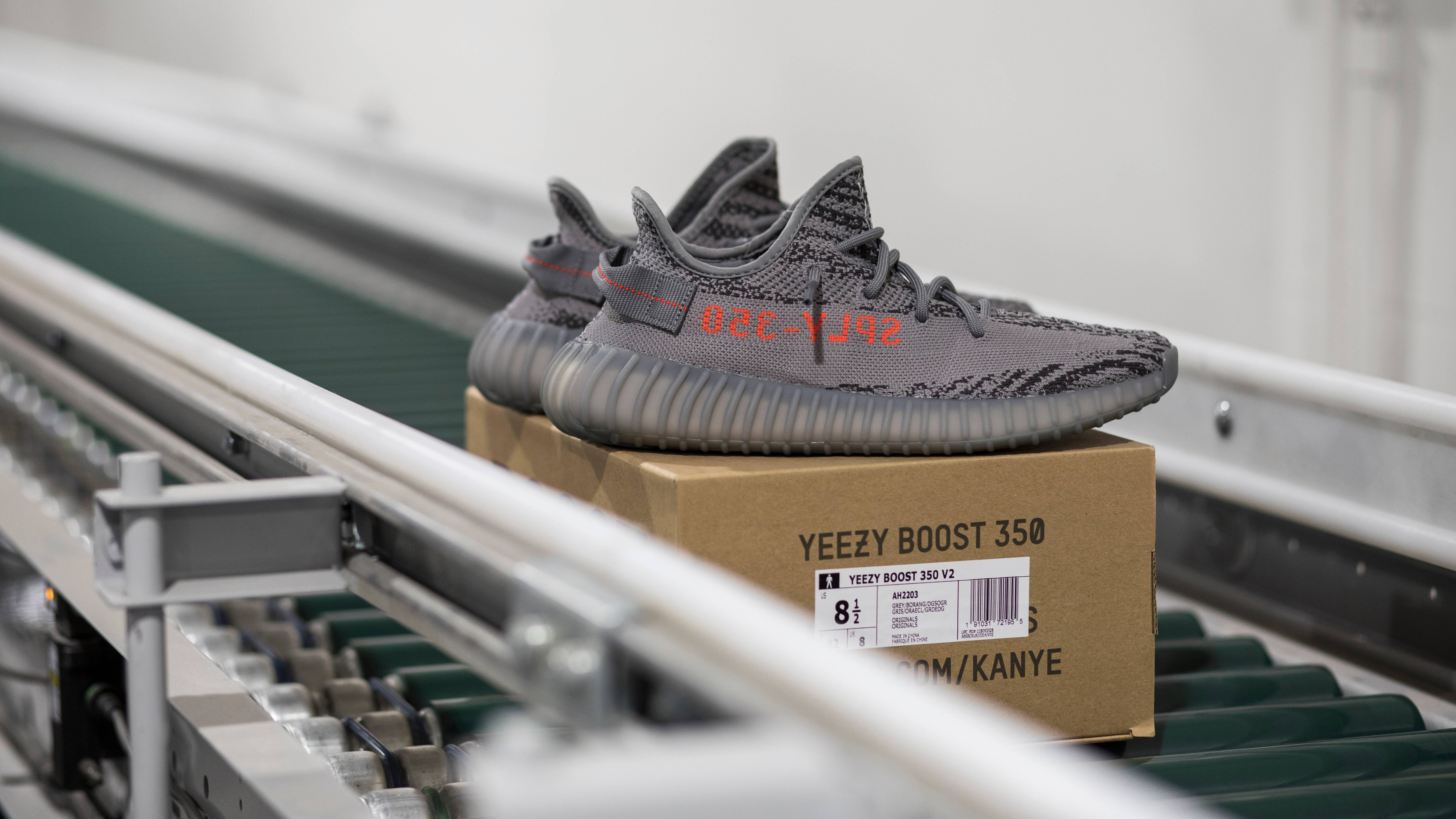
While many of the top sneaker reselling stores have been negatively impacted due to the coronavirus pandemic including shops that have remained closed since March, GOAT has had a different experience.
In an interview with Input, GOAT's CEO Eddy Lu talks about how the company is continuing to operate during the outbreak, focusing on connecting with consumers and not just becoming an ordinary marketplace.
"Unlike some other companies, we’re not a transactional marketplace," Lu told Input. "Some other companies are more transactional marketplaces where it's not about building a brand and standing for something,” he said. “It's more about the dollars and cents and that's totally fine. There's definitely a market for that.”
GOAT's online sales have grown due to recent trends including the airing on ESPN's The Last Dance docu-series highlighting Michael Jordan and the Chicago Bulls' final championship run. According to Lu, sales of Air Jordans increased by 68 percent around the time of the series. Lu also says roughly 40 percent of GOAT's revenue is generated from general releases, suggesting that people aren’t only using the app to buy and sell hyped sneakers.
"Our business has been really resilient for the time and we've been really thankful as a company to come out of this pretty well," said Lu.
Another aspect that the company continues to prioritize is the authentication of products. Lu revealed that in 2019, GOAT prevented about $72 million worth of fakes from selling on the platform. As more fans turn to platforms for copping sneakers, he ensures that authentication remains "the heart and soul of what we do."

